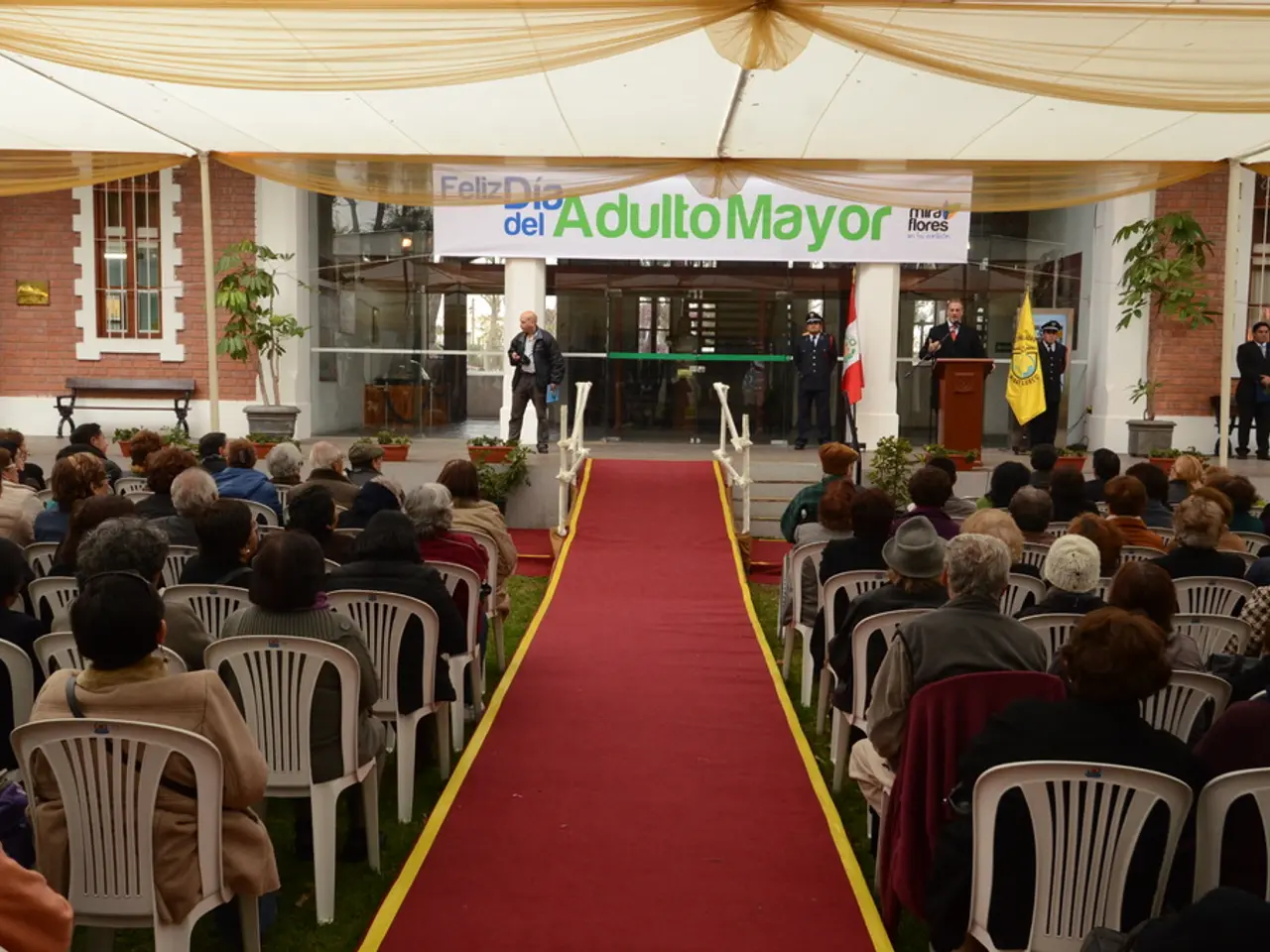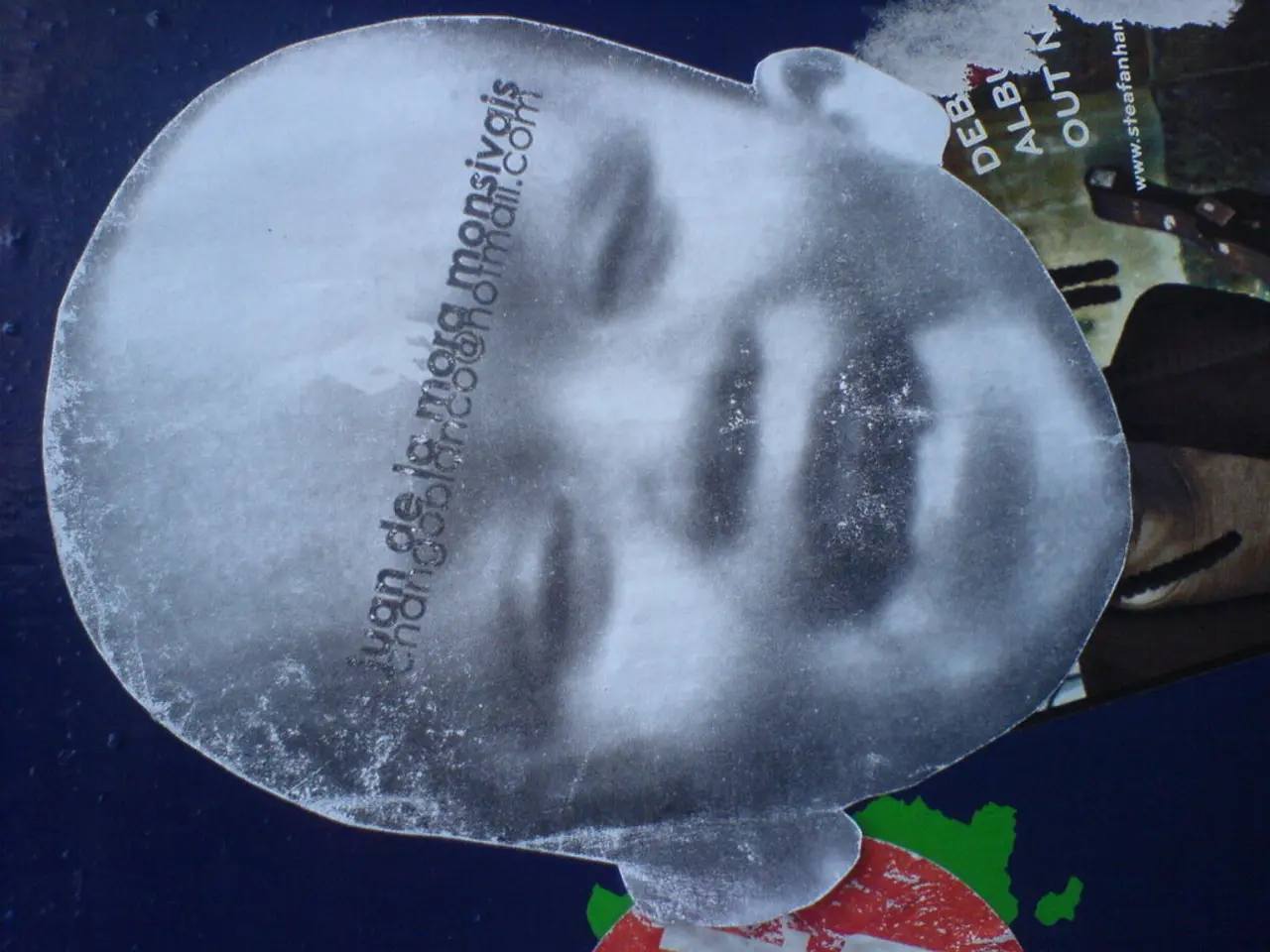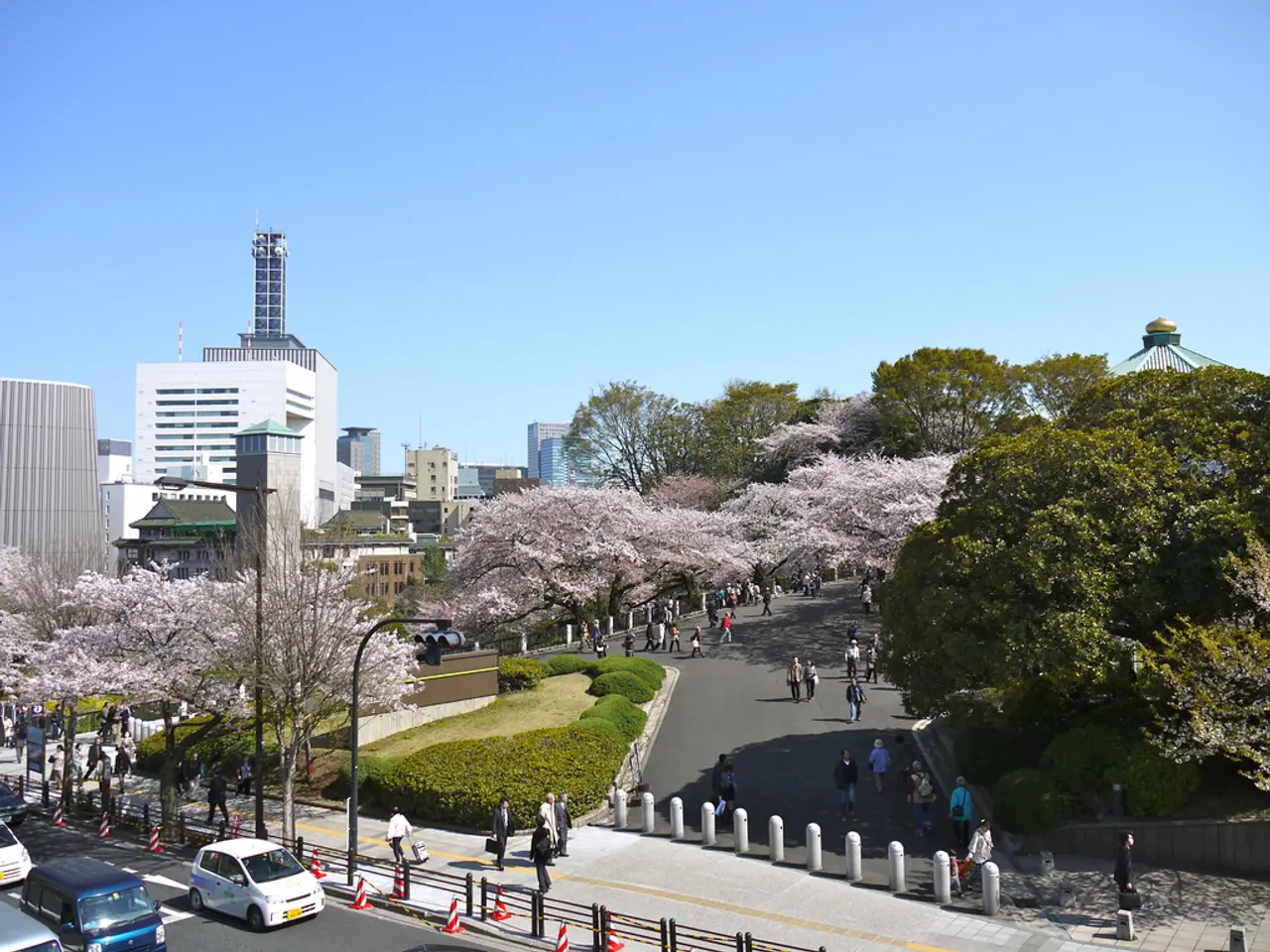Israeli Prime Minister Netanyahu plans to gain control of the Gaza Strip in its entirety.
In the Middle East, tensions are escalating as Israeli Prime Minister Benjamin Netanyahu contemplates a full takeover of the Gaza Strip, a move that could have profound implications for the region.
Military Concerns
The proposed operation aims to remove Hamas from Gaza, a task that could involve new deadly offensives, given the over 22 months of warfare that have already resulted in heavy casualties (61,000 dead, 146,000 wounded). The occupation’s objective is to secure Israel’s borders, but it risks igniting prolonged conflict involving urban warfare and resistance from armed groups within Gaza.
Political Landscape
Netanyahu has framed the occupation as a necessary security measure to defeat Hamas. However, he has also indicated a desire not to govern Gaza long-term, preferring to transfer civilian governance to another Arab authority. This plan could provoke a political crisis within Israel, reflecting divisions over the approach to Gaza’s future governance and the occupation’s costs.
Internationally, the occupation risks isolating Israel diplomatically from both Arab countries and the broader global community, potentially jeopardizing existing alliances and peace efforts.
Impact on Palestinian Civilians and Aid Organizations
Gaza’s 2.1 million residents already live under severe hardship due to bombing and blockade. A full occupation will likely result in the forced displacement of hundreds of thousands, further exacerbating famine, medical shortages, and infrastructural collapse. Humanitarian aid organizations would face serious challenges in accessing the population amid ongoing military operations and security restrictions, likely worsening the humanitarian crisis.
Lebanon-Hezbollah Standoff
In Lebanon, fears are growing that the country could once again slip into a political crisis if members of Hezbollah, which is also a political party, leave the government. So far, Hezbollah has refused to agree to a binding disarmament with a specific timeline. The Lebanese health ministry attributes the death of a person this week to Israeli military action, while reports suggest that Zamir has had heated discussions with right-wing ministers demanding the occupation of the entire Gaza Strip, the expulsion of the Palestinian population, and the establishment of Jewish settlements.
A cabinet meeting is scheduled for today in Lebanon to discuss the state's control of all weapons and the subsequent disarmament of Hezbollah, a central demand of Israel and the US.
In summary, the proposed Israeli occupation of Gaza would deepen the humanitarian disaster for Palestinian civilians, heighten military risks, provoke political turmoil within Israel, and worsen Israel’s international diplomatic standing. Meanwhile, the Lebanon-Hezbollah standoff continues to pose a significant challenge to regional stability.
[1] Sources: Various news reports and UN documents.
- The proposed Israeli occupation of Gaza, with its potential for prolonged conflict, urban warfare, and resistance from armed groups, could escalate war-and-conflicts in the Middle East.
- The occupation's diplomatic implications are also significant, as it risks politically isolating Israel, particularly in the Arab countries and the broader global community, potentially jeopardizing existing alliances and peace efforts.






